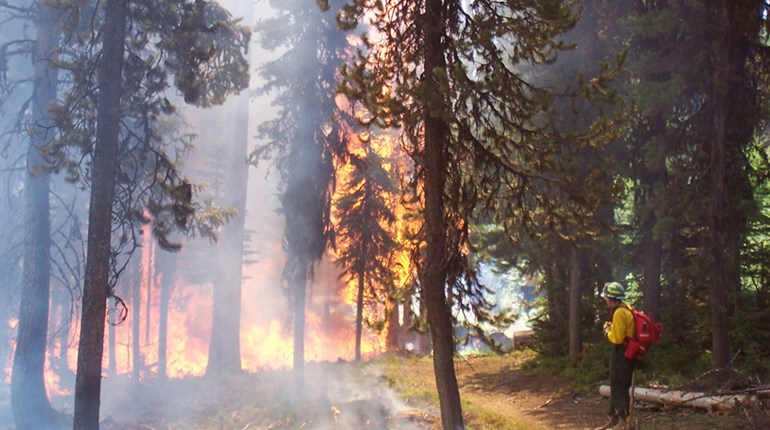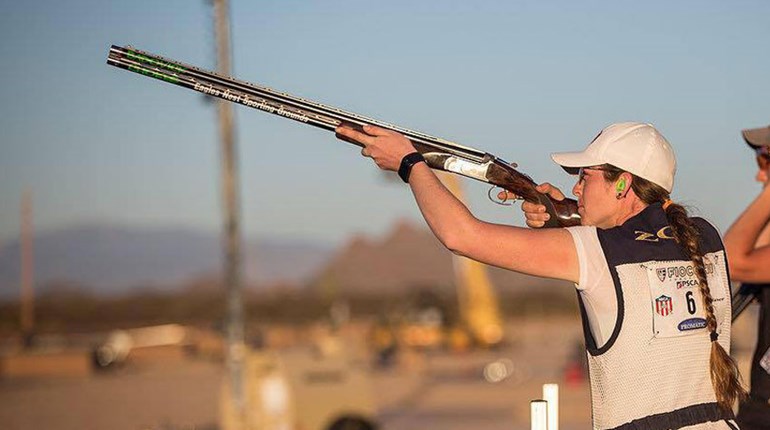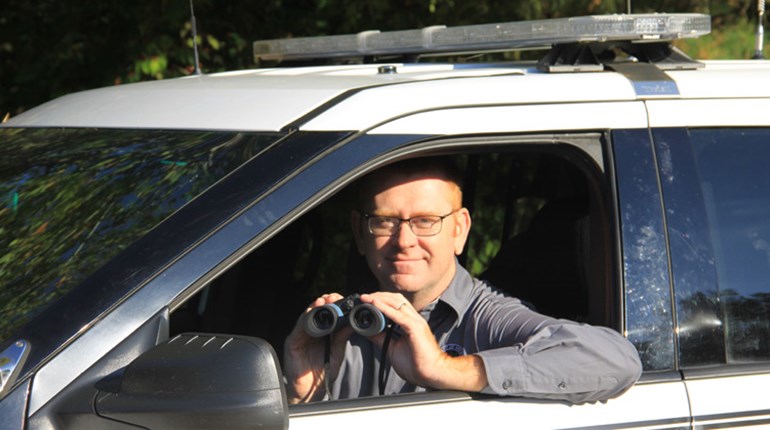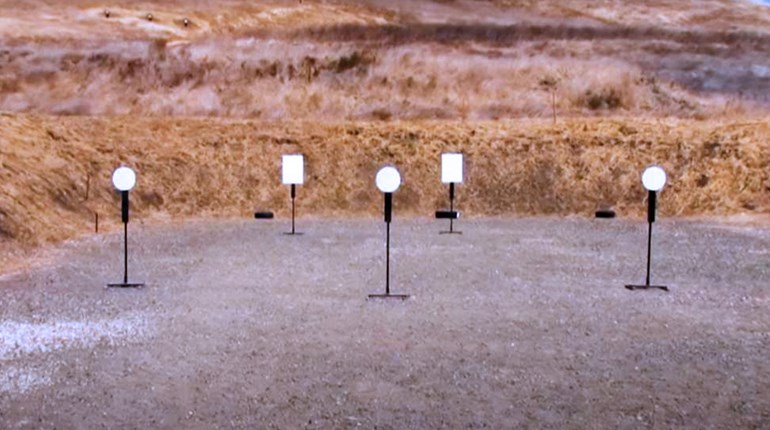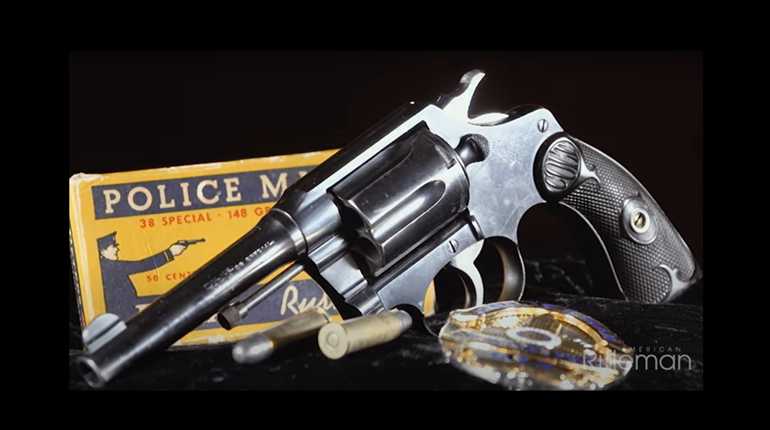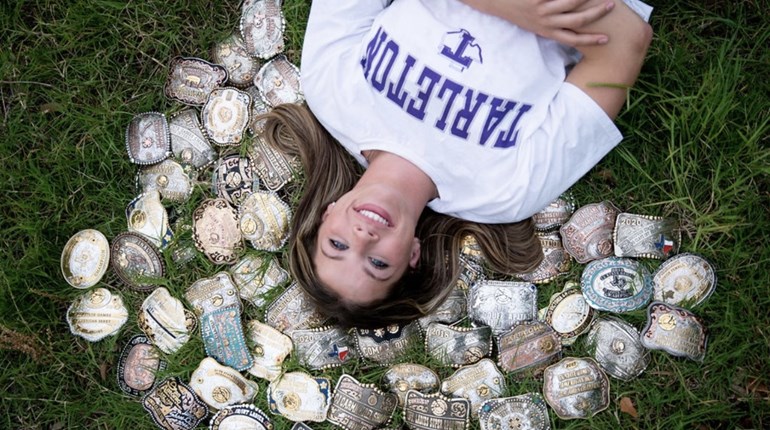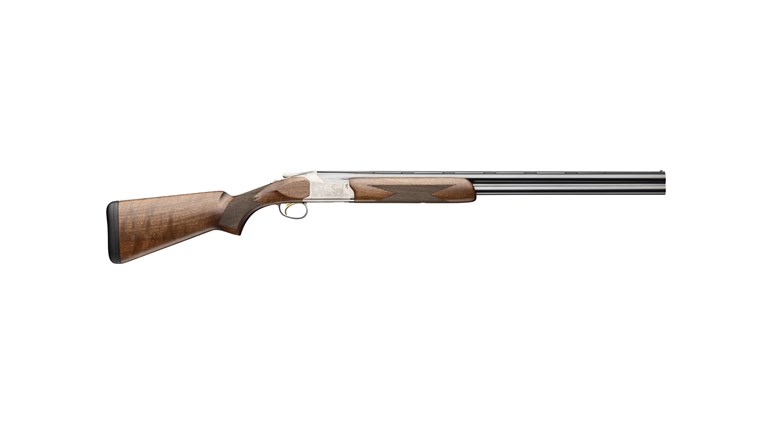
Falconry is an art and a sport. It uses trained birds of prey (raptors)-like falcons or hawks-to hunt or chase game for a human handler. It can also be a very “cool” career-just ask Nancy Cowan.
“I've always been an “animal person,” she says. “It started out with horses and riding, then it switched to sled dogs, and I had my own team.”
The years passed and Cowan worked alongside her husband Jim, a master falconer, to make the practice of falconry legal in New Hampshire. “I helped him with the process,” recalls Cowan, “and I learned a lot about falconry along the way.”
She learned enough to become enamored with the sport and the birds. “I found that I was back into working with another living creature, learning about it, learning to do well with its care and training, and suddenly I was getting the same wonderful satisfaction and enjoyment that I had gotten when I worked with horses and sled dogs,” explains Cowan. That's when she decided to undertake the training to become a falconer herself.
Career and Lifestyle
Today, Cowan is a master falconer who operates the federally licensed New Hampshire School of Falconry. “We have nine birds here,” Cowan says, “five are the school's and four are our own falconry birds.” Her days are, in a word, busy.
“There really is no such thing as a typical day,” insists Cowan. In addition to the usual chores involved with the care and feeding of animals, there is bird training. She describes the initial training period of a raptor as very intense. “It is not so much teaching the bird something, it is learning about raptor instinct myself, and then working with the bird to establish a relationship.”
In fact, says Cowan, there are only two things that she actually teaches the falcon or hawk: “That we will never hurt them and that on a signal, we will provide food.” These two things-the establishment of trust and providing food on a glove-“are the building blocks for all the rest.”
But once a bird is trained, the workload only grows. “The relationship we have with each raptor is a hunting partnership,” says Cowan. That hunt may be in the field, but it may also be a demonstration or class. The point is that the birds must hunt regularly-with their human partner. “I like to tell people that I am the junior partner,” says Cowan, “because the birds are much better hunters than I am.”
The Good and the Bad
Hunting in the field along with a bird and a bird dog is Cowan's favorite part of the job. “The dog and the bird work so well in the field that I just watch in amazement-and hurry to keep up,” she enthuses. “A day spent like that is a very good day, and I come home tired and feeling wonderful.”
Not so much fun, but also part of the job, are the scary times. “Anything can happen when I have my bird flying free in a hunting area,” says Cowan. With that in mind, she has to be careful about when and where she puts up a hawk or falcon, always on the alert for dangerous situations. She steers clear of places with high-tension electric wires, for instance, and avoids places where she sees wild raptors, which might decide to hunt and kill her bird. She's also on the alert for other predators-foxes, coyotes and even pet dogs.
Passing It On
Not content to just manage her own school, Cowan also enjoys doing programs for schools and working with conservation agencies. She happily donates a lot of time to New Hampshire Fish and Game. And she is a licensed rehabilitator of peregrine falcons.
Cowan also donates a huge of amount of time to sponsoring future falconers. While she charges for classes and demonstrations given to those who want to sample the falconry experience, she sees it as her duty to the sport to pass on her knowledge to those who are willing, able and committed to undertaking the falconry. “I apprentice people for no charge who desire to become licensed falconers,” says Cowan. “I donate my time and help. That is called sportsmanship.”
She speaks with pride of a young man she sponsored at age 16, through his junior and senior year of high school. Now a junior in college majoring in animal sciences, he is still involved with the local club and is the owner/caretaker of a redtail hawk. “It's one of my proudest achievements at being a sponsor,” says Cowan.
Falconry has led Cowan to a “cool career.” Maybe it's the cool career for you, too. If so, says Cowan, “Fasten your seatbelt, it is an exciting ‘flight.'”
For more information on Nancy Cowan and her work as a master falconer, check out www.nhschooloffalconry.com.













